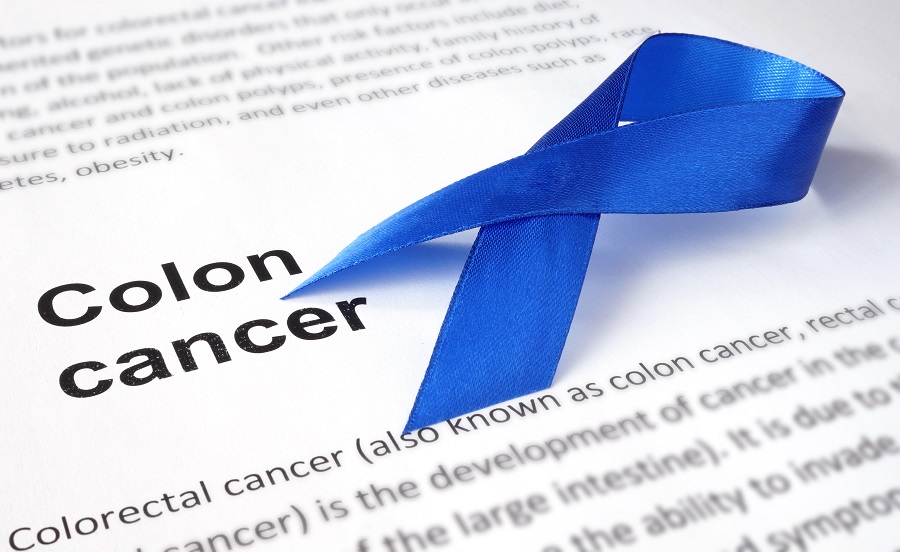How is Colon Cancer Treated?

You’ve had your colon cancer screening. Your results just came. The news isn’t what you had hoped. You’ve been diagnosed with cancer. Now the question is how is colon cancer treated?
You’ve had your colon cancer screening. Your results just came. The news isn’t what you had hoped. You’ve been diagnosed with cancer. Now the question is how is colon cancer treated?
According to the American Society of Clinical Oncology, the overall five-year survival rate for people is 64%. If the cancer is diagnosed at a localized stage, the survival rate is 91%. If cancer has spread to surrounding tissues or organs and/or the regional lymph nodes, the five-year survival rate is 72%.
Your treatment choices depend on the type of colorectal cancer you have, your test results and the stage of cancer. The goal of treatment may be to cure you, control the cancer or help ease problems caused by cancer.
Types of Colon Cancer Treatments
There are two types of treatment for cancer -- local or systemic.- Local treatments remove, destroy or control cancer cells in one area. Surgery and radiation are local treatments.
- Systemic treatments are used to destroy or control cancer cells that may have traveled around your body. When taken by pill or injection, chemotherapy and targeted therapy are systemic treatments.
- Surgery
- Chemotherapy
- Radiation therapy
- Targeted therapy
- Immunotherapy
- Ablation and embolization
- Supportive care to ease symptoms of treatment or the cancer
Coping with Colon Cancer
Many people feel worried, depressed and stressed when dealing with cancer. Getting treatment for cancer can be hard on your mind and body. Keep talking with your health care team about any problems or concerns you have. Work together to ease the effect of cancer and its symptoms on your daily life. Here are some tips:- Talk with your family or friends.
- Ask your care team or social worker for help.
- Speak with a counselor.
- Talk with a spiritual advisor, such as a minister or rabbi.
- Keep socially active.
- Join a cancer support group.
- Eat a healthy diet, with a focus on high-protein foods.
- Drink plenty of water, fruit juices and other liquids.
- Keep physically active.
- Rest as much as needed.
- Talk with your care team about ways to manage treatment side effects.
- Take your medicines as directed by your team.

